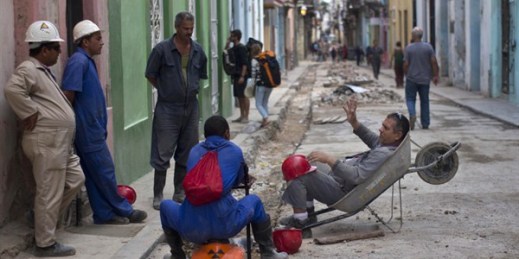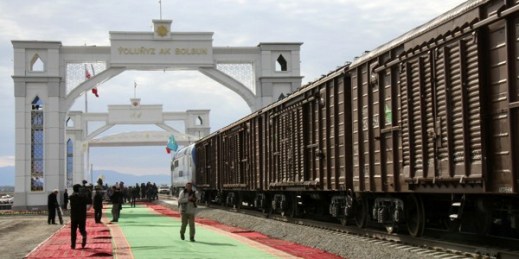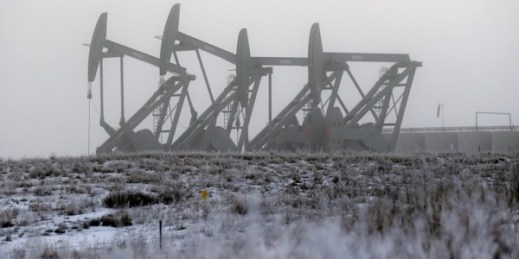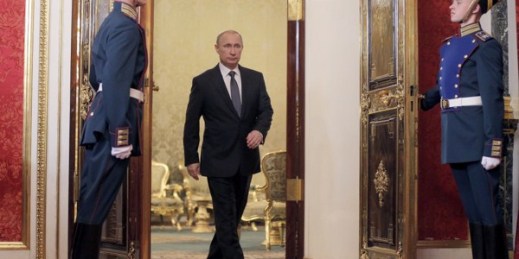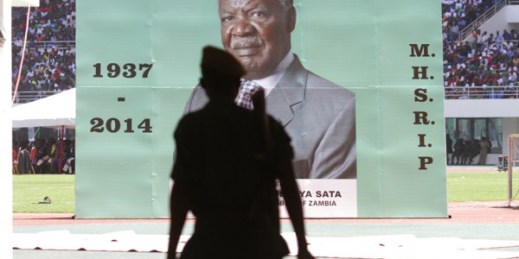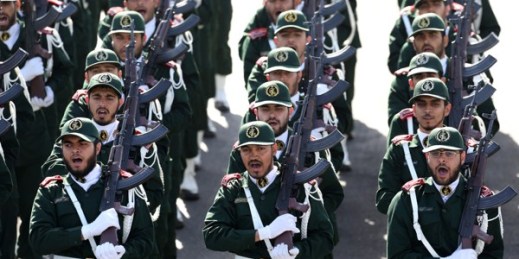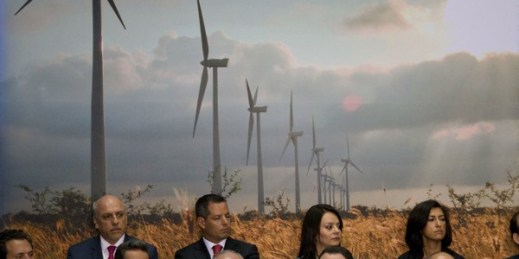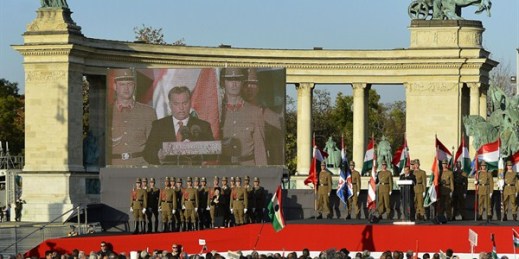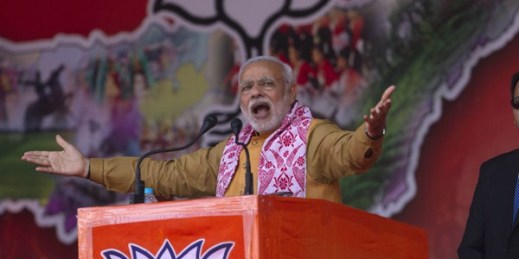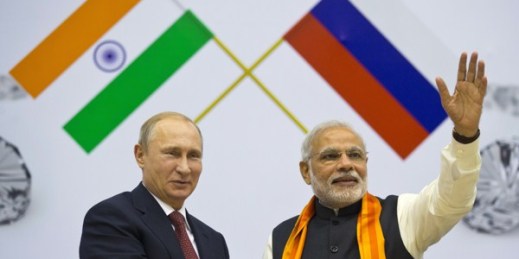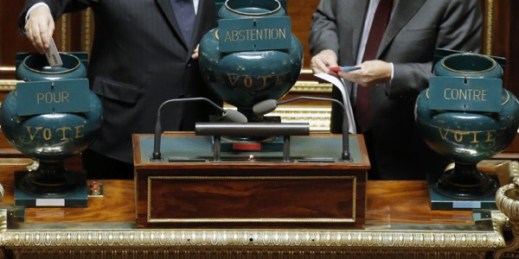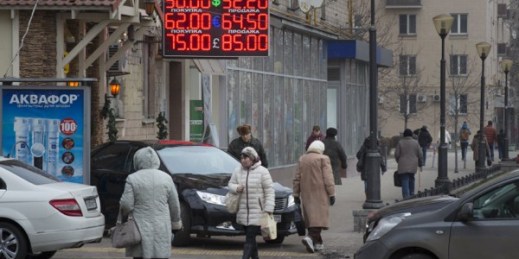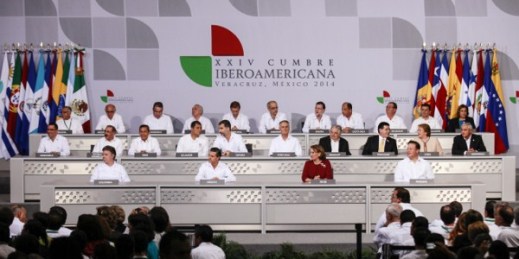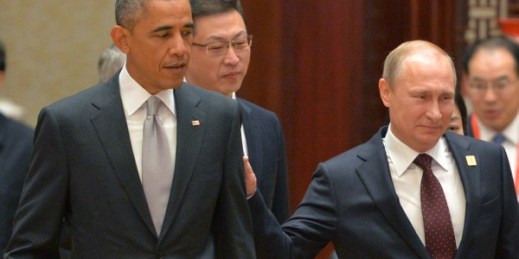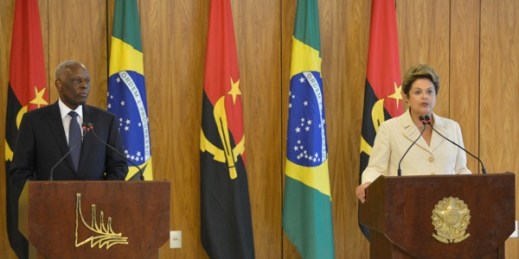
Relations between Africa and Latin America, which stem predominantly from the post-Cold War period, are incipient but growing, and 2014 saw important developments between the two regions in areas such as trade, diplomatic relations and health cooperation. Their engagement reflects each region’s growing integration into the global economy, rather than a specific prioritization of Latin America-Africa relations. Nevertheless, four key countries—Brazil, Mexico, Cuba and South Africa—have played a leading role in strengthening relations and cooperation. On the economic front, trade between South American and African countries grew 75 percent between 2005 and 2012, reaching $39 billion in 2012. Though the […]

